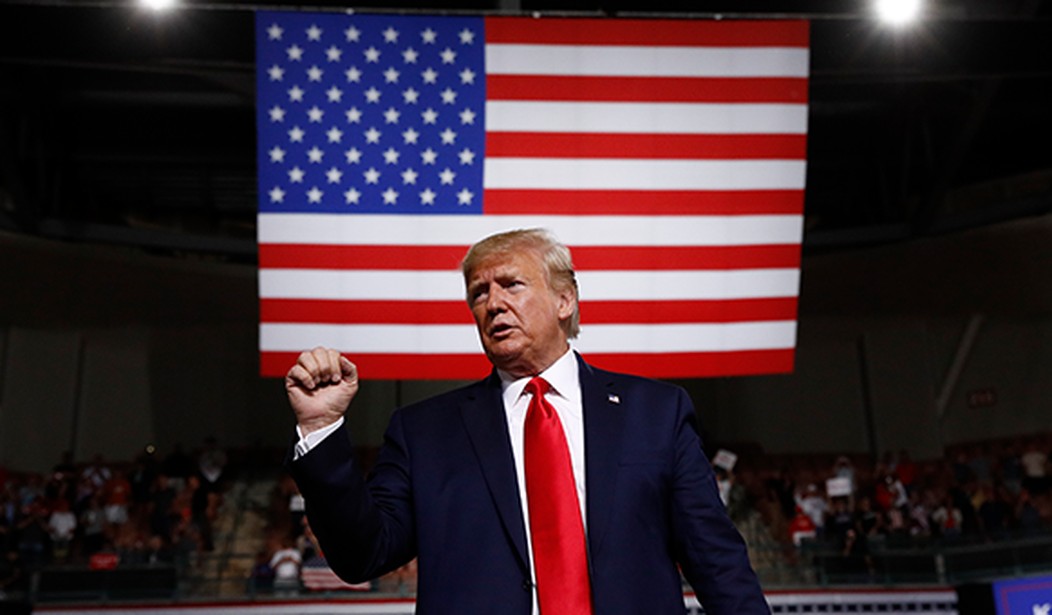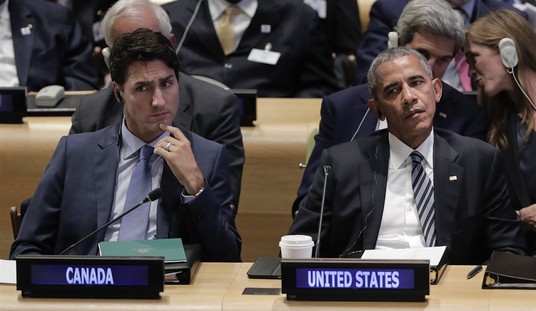Let’s say you own a restaurant. One evening, Donald Trump, Barack Obama, Taylor Swift, and Tom Brady stroll in together, sing karaoke and do kamikaze shots ‘til closing time. Be nice to get a PR boost for your restaurant, right? Well, you wouldn’t need to hire a publicist to get media attention! You wouldn’t have to do anything at all because the entire media world will blaze a path to your restaurant. It’s a great story! And it would get plenty of publicity on its own.
But you’d still want a publicist because the essence of PR is to always make the “win” more valuable than what it would otherwise be. Trump, Obama, Swift, and Brady doing shots and singing (bad) karaoke was already a huge victory; the right publicist can optimize this publicity in new, innovative ways that generate more revenue.
So, yes – Trump’s speech was a success. The entire RNC was a success. There was a ton of positive publicity. But that’s not the right question.
What you need to ask yourself is this: Did the Republican Party optimize the convention’s publicity? And did they do so strategically and smartly to maximize their probability of electoral success?
Normally, in a modern acceptance speech, the presidential nominee will evoke his opponent’s name repeatedly because it’s difficult to compare and contrast in a vacuum. But 2024 isn’t a normal election year, and Donald Trump had an excellent reason for mentioning Biden’s name only once: Since there was an excellent chance that Biden would be dropped from the ticket anyway, it would be wasteful to focus your salvos on demolishing him.
It’s simply a poor allocation of resources to dedicate your time and energy into deep-sixing a guy who’ll be sent to the pastures anyway.
And, as it turns out, it was a prescient decision. It greased the wheels for an easy GOP pivot to Kamala Harris, Gavin Newsom, or someone else entirely.
Trump’s RNC speech was long, disjointed, and meandering. It had a schizophrenic quality: some parts were touching, understated, and emotional; others were like a Boomer rock star numbly rifting through his greatest hits to placate the crowd. For long durations, Trump’s rhetoric soared to the heavens. And for shorter spurts, it felt self-satisfied and self-indulgent.
But the true test of Trump’s speech won’t appear on media scorecards.
When a critic reviews a movie, we expect they’ll write their review shortly after watching it. We want to hear what they think while the film is still fresh in their minds. It would be weird if the late, great Roger Ebert watched a movie, waited several months, and then gave his review.
Critics tend to review political speeches the same way: The exact moment it’s over, journalists, pundits, hacks, and critics will quickly tell you the “winners” and “losers.” With absolute sincerity, they’ll tell you what lines worked, what didn’t, and why. They might even use a studio audience to render their verdict, serving as the ad hoc jury for a presidential election – which sounds preposterous, because it is.
They critique a convention like it’s a series of individual moments, but that’s not how audiences absorb information. We don’t tally up moments but base opinions on our collective impressions. When all is said and done, it’s the takeaway that matters – the adjectives and emotions that summarize the experience.
The public’s takeaway from the Republican National Convention won’t consist of individual moments magnified or the ratings on a pundit’s scorecard. Instead, they’ll remember a unified Republican Party. They’ll recall the patriotic, God-fearing Americans who narrowly avoided an unspeakable tragedy – and rather than falling apart, we all rallied together.
For Trump’s speech, a few parts will be etched into our brains like a tribal tattoo: His vivid description of being shot, and his embrace of the deceased fireman’s uniform. But weeks – and even months – later, what the public will mostly remember won’t be Trump’s words, but Trump’s performance.
He had energy! He had stamina! He had confidence!
And he had a large white bandage over his ear.
It’s true. Trump only mentioned Biden’s name one time – but the contrast between the Left and the Right has never been more glaring: Mere days after being shot in the flippin’ head, Trump is freewheeling, having fun, owning the audience, and has energy to burn in a live TV address – whereas Joe Biden is old, feeble, sent home sick with COVID… and kicked out of his own party.
It was there for all the voters to see.
Now that Biden has officially dropped out, the Democrats will have a high-stakes scramble for the nomination that will likely further divide the liberals – and serve as yet another vivid contrast between the disorganized Left and the unified, galvanized MAGA Right. Kamala Harris might (temporarily) be in the driver’s seat for the Democratic nomination, but the rest of the passengers haven’t stopped reaching for the wheel – and her Uber reviews are more one-star than five.
So, no – this wasn’t a perfect convention by any means, and Trump didn’t give a perfect speech. Perhaps one day, the GOP will finally figure out how to better optimize its publicity. But the good news is, in a binary election, you don’t need to be perfect. You just need to be better than the alternative. (Whoever it is.)
And here, Trump and the GOP were the big winners.









Join the conversation as a VIP Member